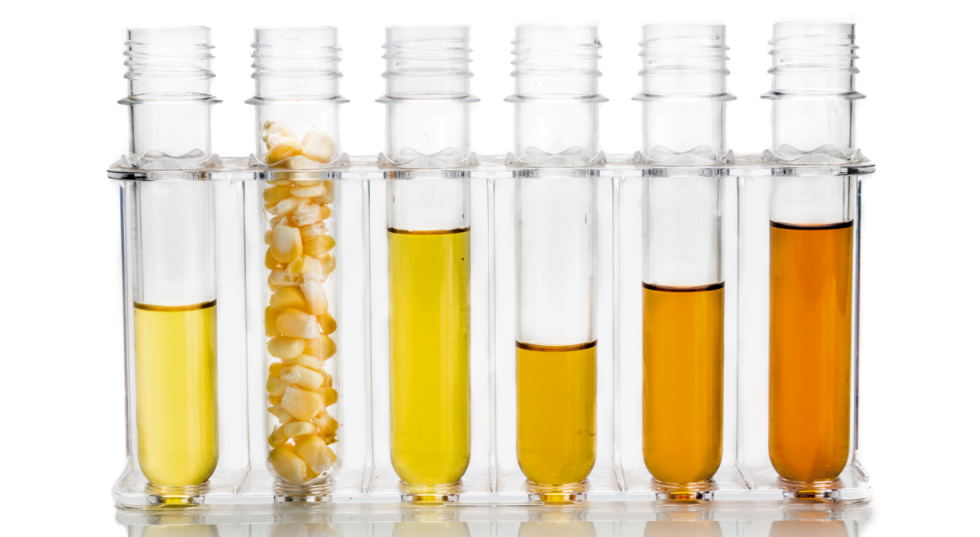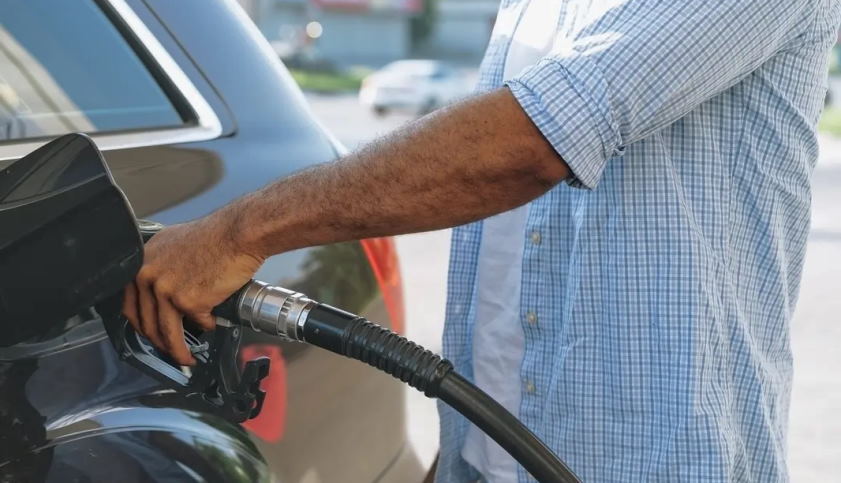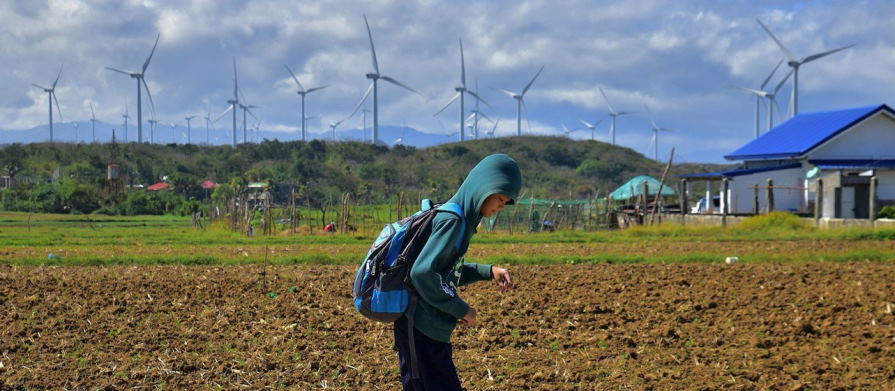Factors Affecting Gasoline Prices: What Determines the Price of a Gallon of Gas?
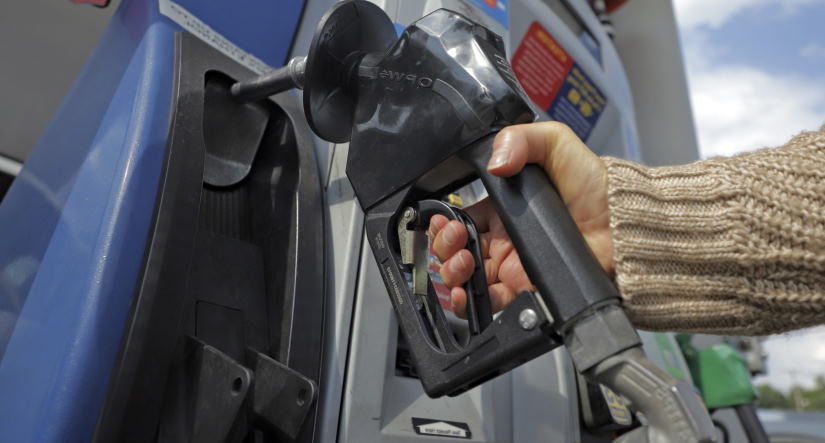
As anyone who has filled up their car lately knows, gasoline prices rise. So what determines the price of a gallon of gas? While many factors contribute to gas prices, this blog post will focus on three key components: demand, production, and geopolitical instability. By understanding these factors, we can better predict how gasoline prices will change in the future. So stay tuned for more insights into the world of oil and gas!
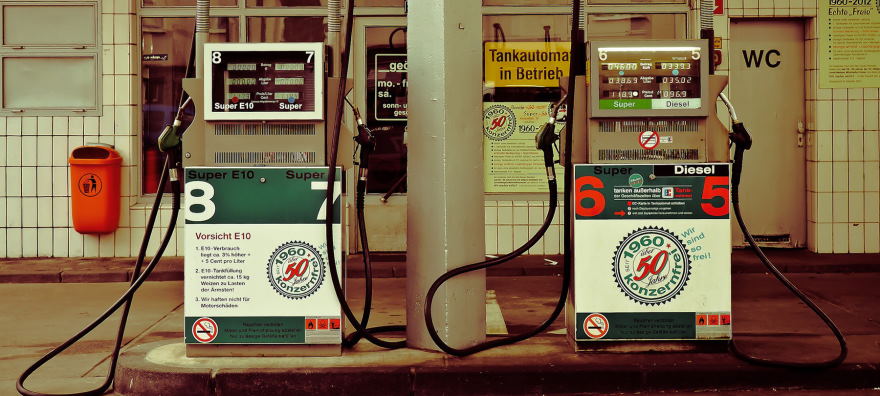
What factors impact the price of gasoline?
As you know, the price of a gallon of gasoline can be affected by various factors. Here are some of the key things that can influence gas prices:
- The cost of crude oil: This is perhaps the most important factor affecting gasoline prices. Crude oil is the main raw material used to produce gasoline, so changes in its price can directly impact gas prices.
- Refining and production costs: It costs money to refine crude oil into gasoline, which can also affect gas prices.
- Taxes and other government fees: Gasoline is subject to various taxes and other government fees, influencing its price.
- Weather conditions: Severe weather conditions can disrupt the supply of gasoline, leading to higher prices.
- Geopolitical factors: Tensions in the Middle East or other parts of the world can lead to higher oil prices, which can impact gas prices.
As you can see, there are a number of different factors that can affect gasoline prices. By understanding these factors, you can be better prepared for changes in gas prices.
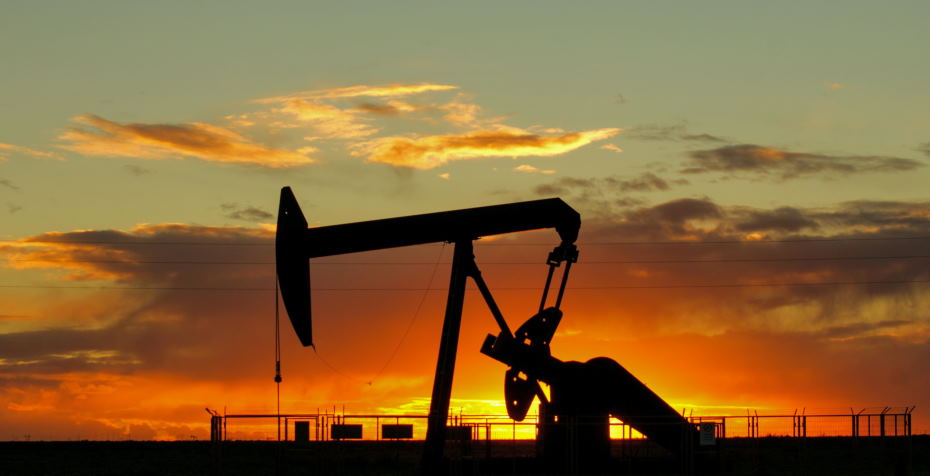
How does the price of gasoline affect you?
The price of gasoline affects everyone differently. For some people, it might not make much of a difference. But for others, the rising cost of gas can be a real burden.
If you commute to work, the higher gas prices can eat into your budget. And if you live in an area where public transportation isn’t an option, you might have no choice but to drive.
The good news is that there are ways to save money on gas, even when prices are high. Here are a few tips:
- Carpool or ride share whenever possible. This can help you split the cost of gas with other people.
- Look for discounts. Some gas stations offer discounts for cash payments or using a certain credit card.
- Use apps to find the cheapest gas prices in your area.
- Drive less. If you can walk or ride your bike for short trips instead of driving.
By following these tips, you can help offset the impact of higher gas prices.


